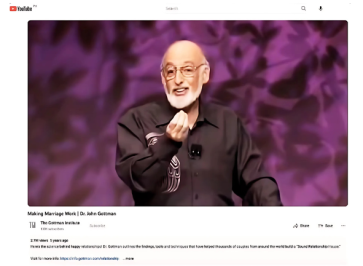It’s easy to feel overwhelmed by the sheer volume of tasks we’re expected to juggle.
The secret to not just surviving, but thriving in this fast-paced environment? A simple yet powerful shift in mindset: Play to your strengths and delegate the rest.
For most business owners, it is impossible to scale without a team. So mastering the skill of delegating is critical.
What can you delegate? My favourite guide on this is “Who, Not How” by Dan Sullivan and Dr. Benjamin Hardy.
Here are my key takeaways from the book:
1. Mindset Shift
Rather than trying to figure out “how” to do everything, focus on finding the right “who” to do it.
2. Leverage Your Time
When you focus on your strengths and delegate the rest, you can accomplish more in less time.
3. Collaboration Over Isolation
Building a network of capable individuals allows you to tap into a wider range of skills and knowledge than you could ever possess alone.
4. Elevate Your Role
By finding the right “who,” leaders can shift from being a “doer” to a “visionary.”
5. Freedom and Results
Delegating tasks doesn’t just save time; it also often results in better outcomes, as tasks are performed by specialists.
6. Relationships are Assets
In the “Who Not How” philosophy, relationships become valuable assets, as the right connections can lead to exponential growth.
7. Overcoming Limitations
No one is an expert in everything. Recognizing areas where others excel beyond your capabilities allows for greater overall achievement.
8. Economic Efficiency
Hiring or partnering with experts can be more cost-effective in the long run, as they can often complete tasks more efficiently and with better results.
9. Transformational Growth
By focusing on “who” rather than “how,” both individuals and organizations can experience transformative growth.
10. Empower Others
This approach isn’t just beneficial for the “visionary” but also empowers the “who” by giving them opportunities and responsibilities tailored to their strengths.
Final thoughts:
“If you’ve got enough money to solve the problem, you don’t have the problem.” Dan Sullivan
Lloyd
PS. Is delegating to your team becoming a challenge? Let’s chat.








